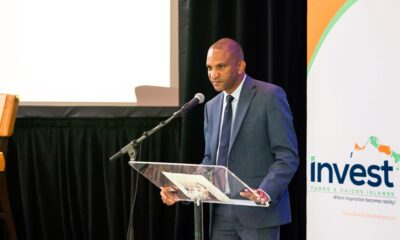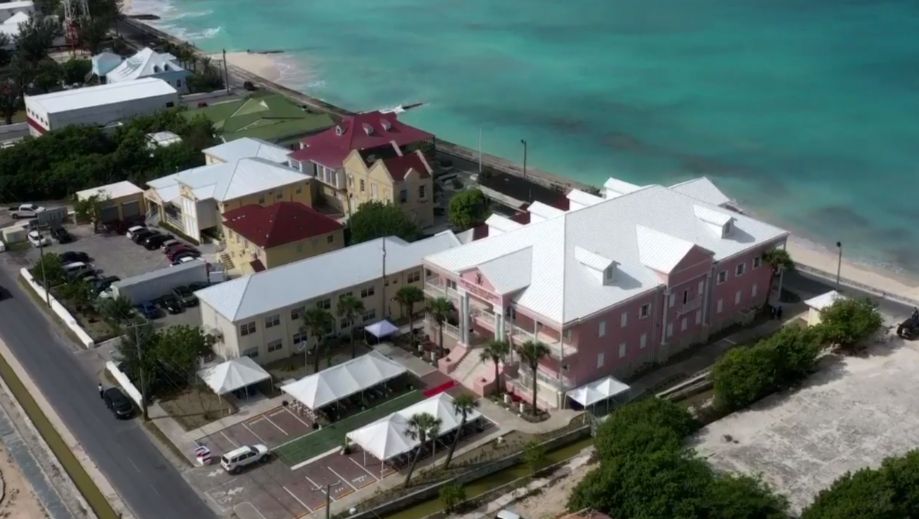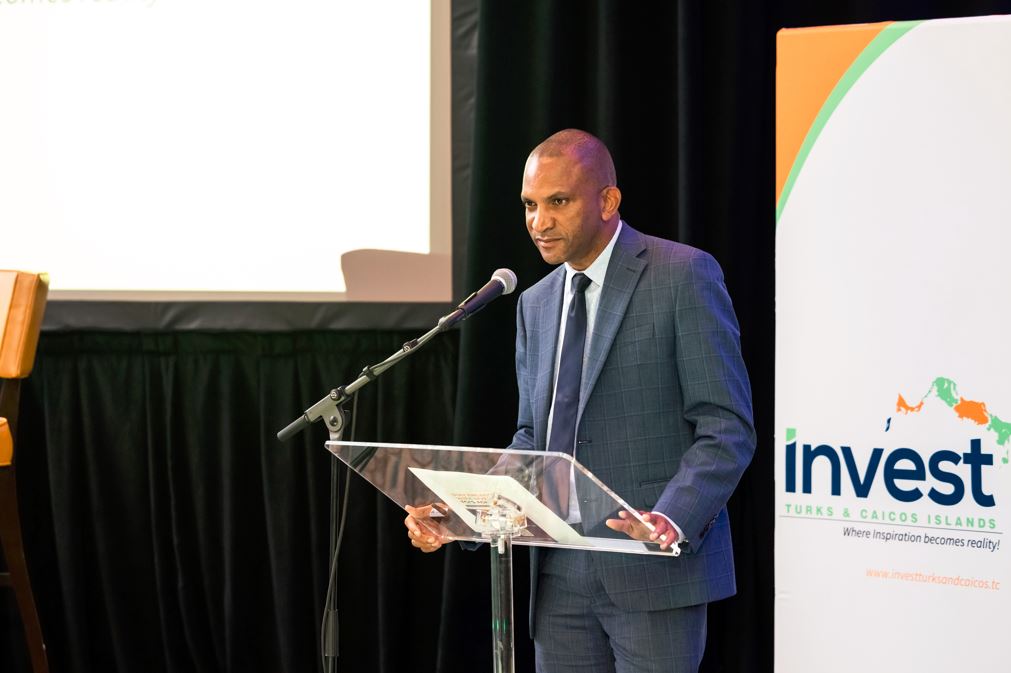Dana Malcolm
Staff Writer
#TurksandCaicos, April 7, 2024 – For the first time since 2012, significant changes have been made to the Public Financial Management (PFM) framework of the Turks and Caicos, giving the Government more say over how it spends the people’s money, erasing the need for any back and forth with the British. It is a change E Jay Saunders, former deputy premier, credits to him and his team when he served as the Minister of Finance.
“I picked that up, marked it up and said it was too restrictive. We negotiated that at the Cabinet level and the PS negotiated it with the technocrats in the UK,” he told Magnetic Media in an exclusive interview on March 28.
The new PFM allows for three main things:
- It raises the debt limits that the country can borrow without needing approval from the UK
- It mandates strict timelines to ensure a timely budget each year.
- It makes provisions for more money to rollover from any surplus that is gained into the next budget giving TCIG more ‘spending money’
“It increased the borrowing guidelines, it allows us more money, allows us to finance debts, and the goal is to increase what we can use for financing on a yearly basis; we can borrow more, we can spend more money for finance during the year,” Saunders said.
The former finance minister also told us that every time a budget was late it gave the government less time to complete their objectives. Specific clauses were included in the new PFM in order to put an end to that.
Before the budget can be approved a Fiscal and Strategic Policy Statement (FSPS) must be sent to the United Kingdom outlining the budget objectives for the respective financial year; only after that is assessed by the UK and returned to local politicians can they table and debate the budget for approval.
Under the new PFM that must be handed into the UK in January giving them several weeks to pour over it and return it in time for a March budget.
March budget.
”What it does is give all the departments 12 months to execute. By changing the PFM, I put our government and all future governments in the position where they can deliver the budget before the financial year starts.”
Saunders says the observance of Holy Week was the only reason why the 2024/2025 budget was not debated prior to April 1. Easter fell earlier this year.
Hon Saunders explained that whenever a surplus was recorded, the money didn’t go back into the budget.
“A significant portion of it had to go to the National Wealth Fund, and you would never see it again, unless under special circumstances.”
That fund powers a few select projects and once money is in it, the process to get it out is extremely complicated, Saunders explained. With changes to the PFM more money from any surplus will remain in government hands, allowing them to reuse it for capital projects and more.
The document mandates that if the actual revenue exceeds the estimated revenue by: 5% but is less than 20%, then only 50% of the excess of the revenue for that financial year has to be withdrawn from the Consolidated Fund and deposited to the National Wealth Fund.
If the actual revenue is 20% or more, 70% of the excess of the revenue for that financial year will go to the Wealth Fund.
Saunders says he wanted those percentages to be higher, but is pleased nonetheless.
”While it still has a feel of us losing, we’re not going to be losing as much as we would in a normal financial year, because a higher portion gets rolled over to the new financial year.”
He explained why the 2012 version of the framework could have been so restrictive.
”It saw the TCI at a time when the constitution had gotten suspended, the government had gotten put out of office, the SIPT investigations were starting, and the country had just gotten a $200 million loan that was guaranteed by the UK government,” he explained.
With over ten years passed since then, in 2023 Saunders said he revisited the document of his own accord and began the process of updating it. When it was all over he says he got the seal of approval from the UK personally, providing for the media, a letter addressed to him by David Rutley, FCDO Head, which congratulated Saunders and TCIG on their prudent management of the country’s finances.
For Saunders it is an indication of what can be achieved with more work.
”This might have been the first time one of these frameworks was sent back to be re-negotiated. It clearly shows now they have an appetite to say there is enough distance between the constitution being suspended. Now we’ve seen enough evidence that TCI can run a good government, now we’re willing to ease up.”
He expressed disappointment that he was unable to tackle other similar frameworks left behind by the British after the interim administration, like the pesky Procurement Ordinance and says, had he been allowed, those would’ve been next on his list.
The finance portfolio was shifted back to the premier in a messy squabble over their party’s leadership. Saunders now occupies the backbench.
Washington Misick, TCI Premier and Dileeni Daniel-Selvaratnam, TCI Governor signed the PFM into law since January.

 Caribbean News6 days ago
Caribbean News6 days ago
 News1 week ago
News1 week ago
 Finance1 week ago
Finance1 week ago
 Crime1 week ago
Crime1 week ago
 Health1 week ago
Health1 week ago
 Crime1 week ago
Crime1 week ago
 TCI News1 week ago
TCI News1 week ago
 Africa1 week ago
Africa1 week ago












